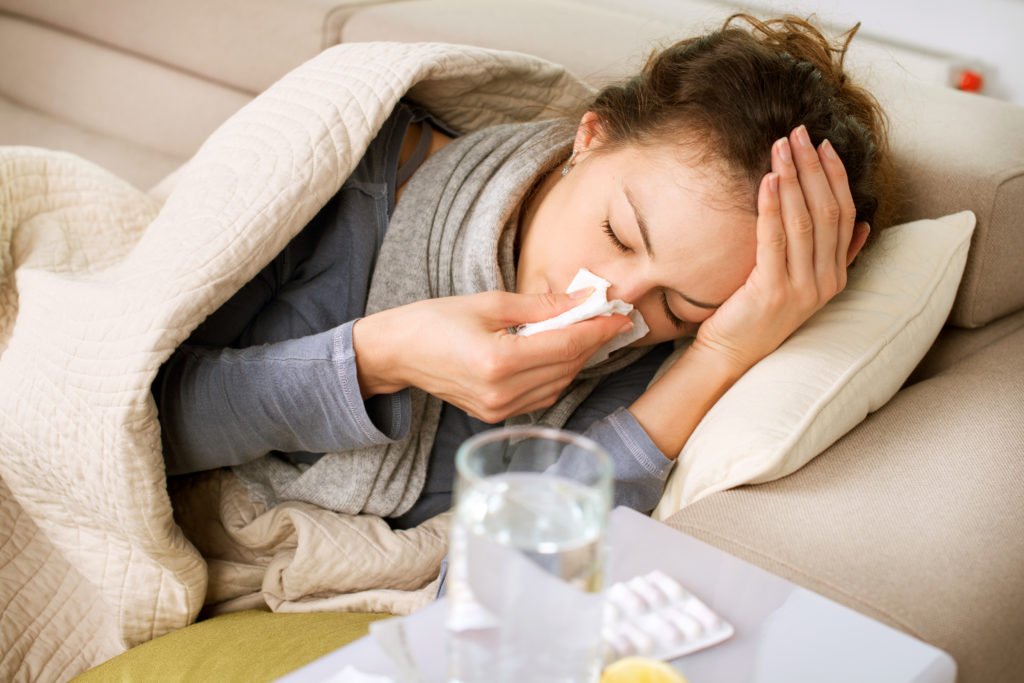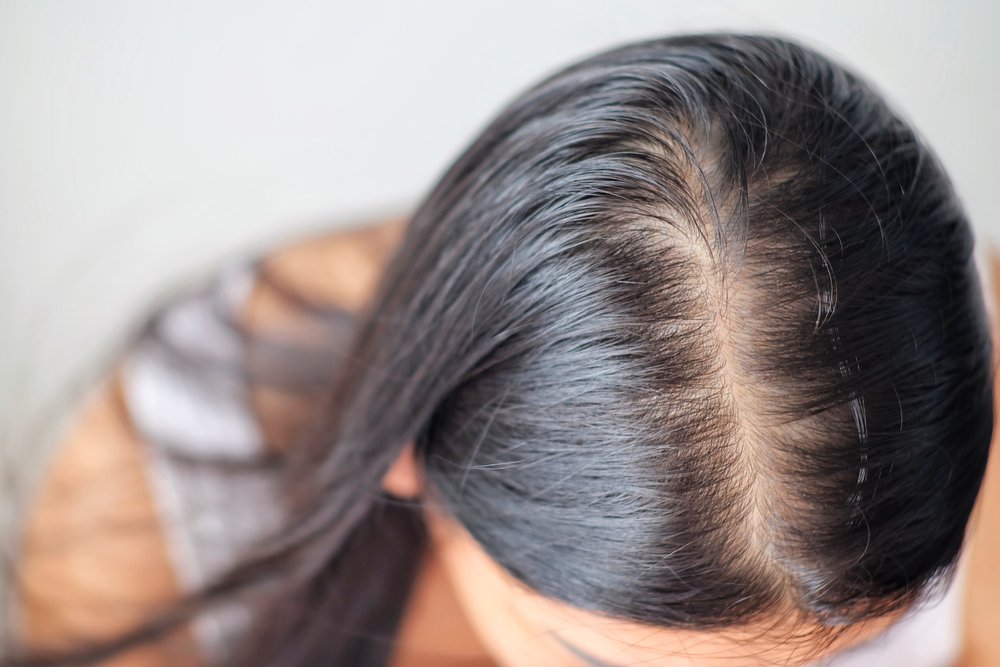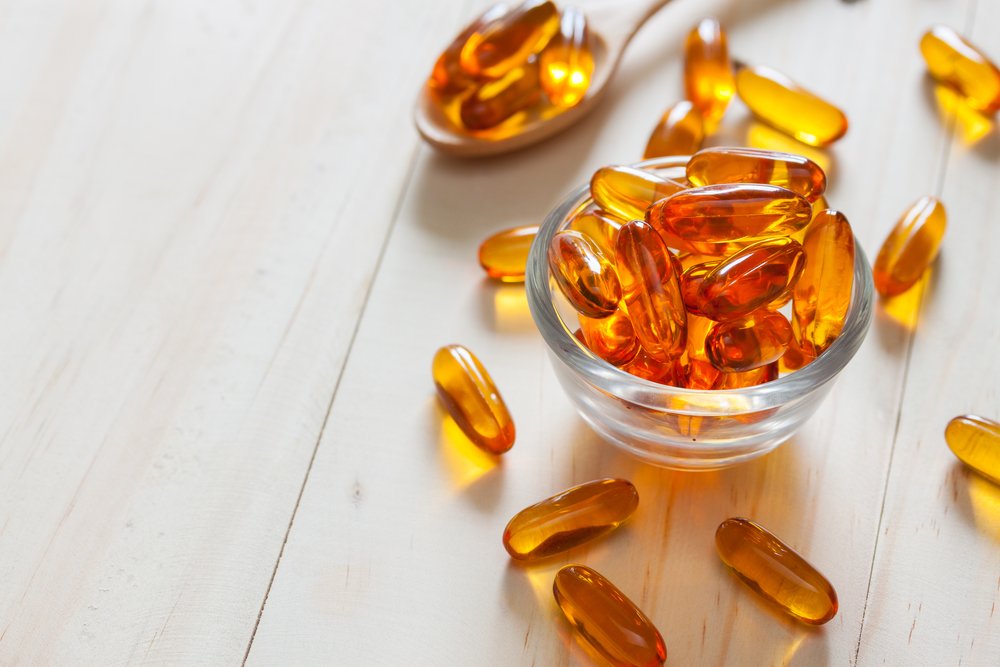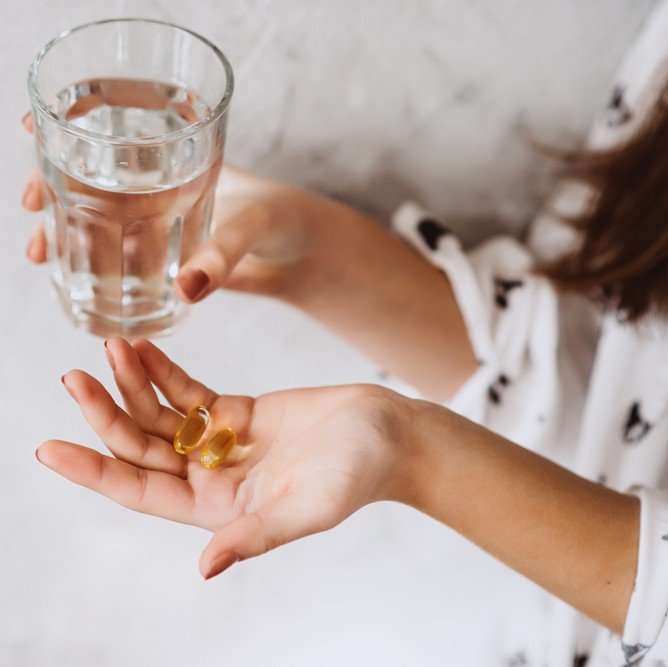One of the most important vitamins is D. It is a fundamental nutrient in metabolic processes and bone health, as it helps the body absorb calcium and also plays an important role in the nervous, immune and muscular systems. Our body produces it naturally with exposure to the sun, but we also obtain it through diet. However, a study published by The Journal of Steroid Biochemistry and Molecular Biology points out that at least one billion people worldwide suffer from vitamin D deficiency. Do you know if you are one of those people? Here we present 5 signs and other important information that you should know so that you can take action.

Signal 1: Do you get sick often
Lack of vitamin D can cause your immune system to weaken. Along with other nutrients such as vitamin C and zinc, vitamin D helps fight respiratory conditions such as flu, colds and bronchitis. A relationship has also been found between a vitamin D deficiency and various problems such as urinary infections, heart disease, autoimmune diseases, premenstrual syndrome, digestive problems, gum inflammation and even some types of cancer. Likewise, vitamin D helps the body heal, so if you have, for example, a cut that has taken a while to heal, it could be due to a deficiency.

Signal 2: You feel very tired
Feeling very tired for no apparent reason could be due to a lack of the nutrient. If you believe that you have no reason to feel so tired (you do not suffer from any illness, you have good sleeping habits, you exercise regularly and your mood is normal, among other things), the cause could be a deficiency. Many people gradually lose their vitamin D levels without realizing it and begin to suffer from chronic fatigue, but they believe it is due to the daily grind. Several studies have shown that people begin to rest better when they replenish their vitamin D levels. Consider getting a blood test if you think your tiredness is not normal.

Sign 3: You lose hair
Vitamin D is essential for the hair follicle cycle, helping it advance from the rest phase to the growth phase. Therefore, several studies have determined that a deficiency of this nutrient can cause hair loss. Even research published in the British Journal of Dermatology found that patients with alopecia areata, an autoimmune disease that attacks hair follicles, had significantly low levels of vitamin D. Additionally, the lower the levels, the more severe the alopecia. This problem mainly affects women with hair loss patterns. Therefore, if you do not have a medical problem already diagnosed, evaluate the possibility that it is a lack of this nutrient.

Sign 4: Your bones or muscles hurt
Our bodies need vitamin D to absorb calcium to keep bones strong and dense and to care for joints. Therefore, the deficiency of this nutrient is linked to problems such as osteoporosis and fractures, especially in elderly people. On the other hand, vitamin D also helps keep pain-sensitive receptors in the body healthy, so low levels can cause muscle aches, cramps, and even muscle weakness. Remember that as we age, maintaining good muscle mass is also important to keep our bones strong.

Sign 5: You have mood swings, anxiety or depression
These mental health problems can have many causes, including external ones. However, there is scientific research that indicates that vitamin D plays an important role in our mood and that a deficiency seems to contribute to affective disorders, feelings of sadness and anxiety. A study published in 2020 by the magazine Depression and Anxiety found that patients who experienced negative emotions and depression had a significant improvement in their symptoms after supplementing with vitamin D. This signal should be interpreted the same as fatigue: if you have ruled out other causes, you could have a blood test to see if you have a deficiency.

Risk factor’s
In addition to the obvious (poor diet and little exposure to the sun), there are some factors that could affect obtaining vitamin D. For example, dark-skinned people are considered at risk due to the protection that the greater amount of melanin gives them. . Those who live in cold countries also have problems producing and synthesizing the vitamin. Obesity is another problem, since the vitamin accumulates in adipose tissue and is not efficiently released into the bloodstream. At the other extreme, people who have undergone weight loss surgeries, such as bariatric surgery, have difficulty absorbing many nutrients, including vitamin D. Finally, pathologies such as kidney disease, cystic fibrosis, Crohn’s disease and celiac disease, and the use of medications such as anticonvulsants, antacids, and steroids increase the risk.

Sun exposure
The most natural way to make the body produce and synthesize up to 80% of the vitamin D we need is by exposing ourselves to ultraviolet rays. Ideally, we expose the face, arms, abdomen, legs and back. There are conflicting positions regarding frequency: the World Health Organization (WHO) says that three times a week, for 15 to 30 minutes, is enough, while others say it should be daily, but only between 10 and 15 minutes. Regarding whether you should use sunscreen or not, the Skin Cancer Foundation indicates that even using this product it is possible to obtain the necessary ultraviolet rays, so it warns that it is always preferable to apply it to avoid sun damage, even on cloudy days. If you choose not to use it, you should limit your exposure to 10 minutes and choose safer times, such as early in the morning.

Food and supplementation
Supplementation is an easy and safe way to maintain our vitamin D levels. However, remember that if you regularly expose yourself to the sun and consume foods rich in this nutrient, you should be careful when choosing a supplement, especially if it says which has 1,000 IU or more of vitamin D. Since most people need to supplement between 600 and 800 IU, it is best to go to the doctor and confirm the level of deficiency with a blood test. Since vitamin D is stored in body fat, a surplus could be harmful. As for the foods that you can include in your diet to increase your natural levels of the nutrient, you have fatty fish (salmon, trout, sardines), egg yolk, liver, mushrooms, broccoli, almonds, dairy products and fortified cereals.
